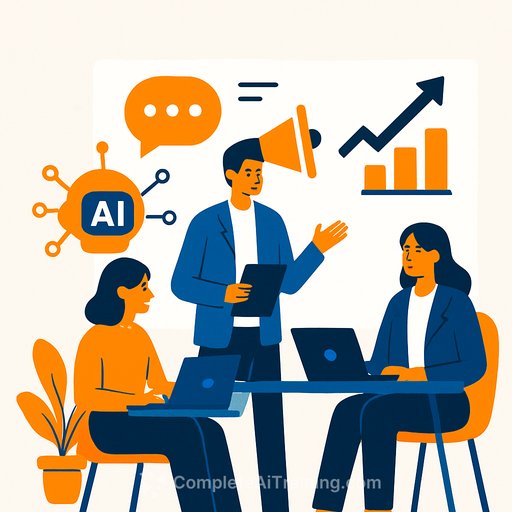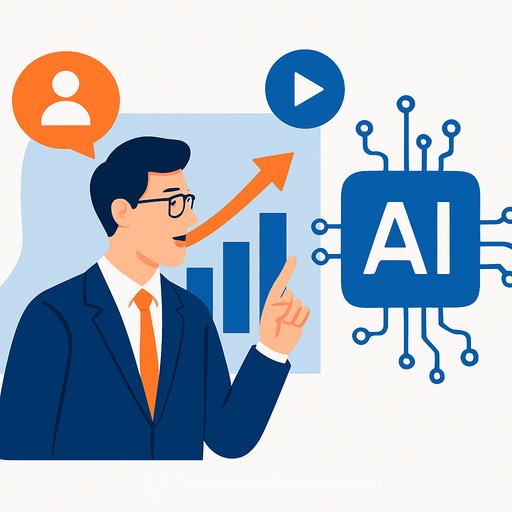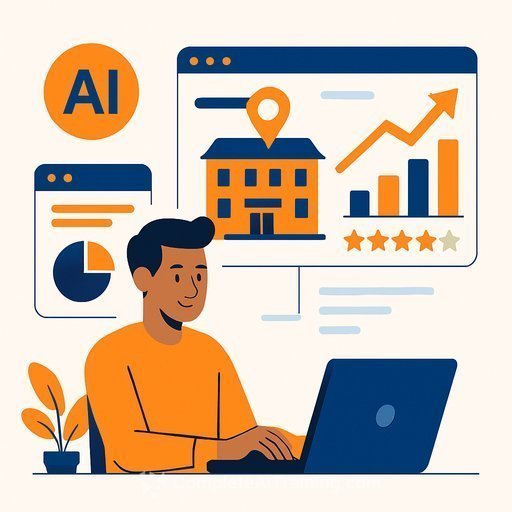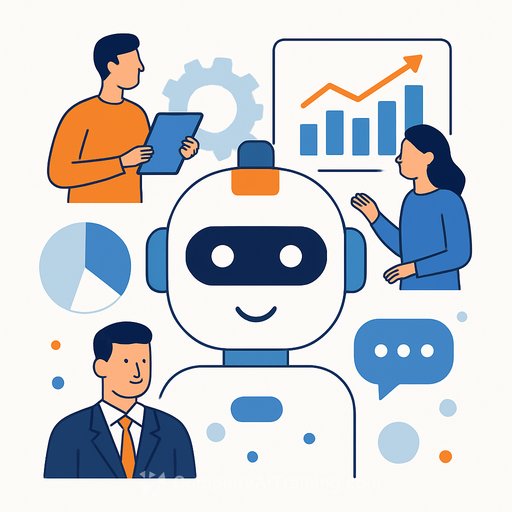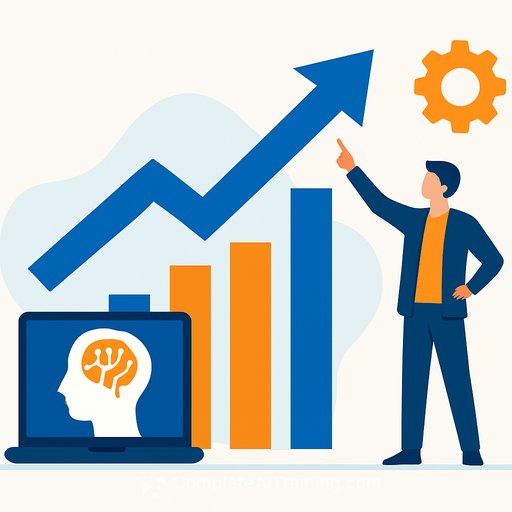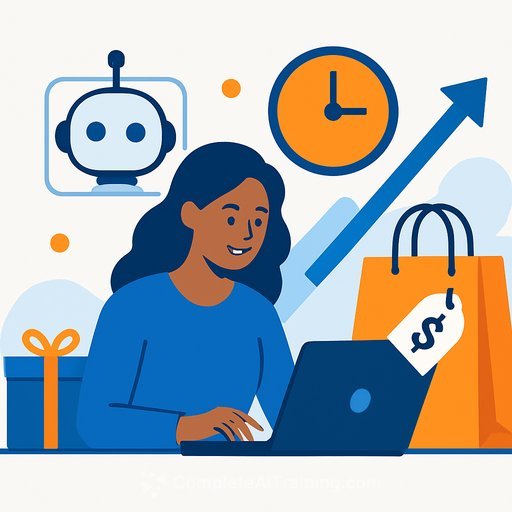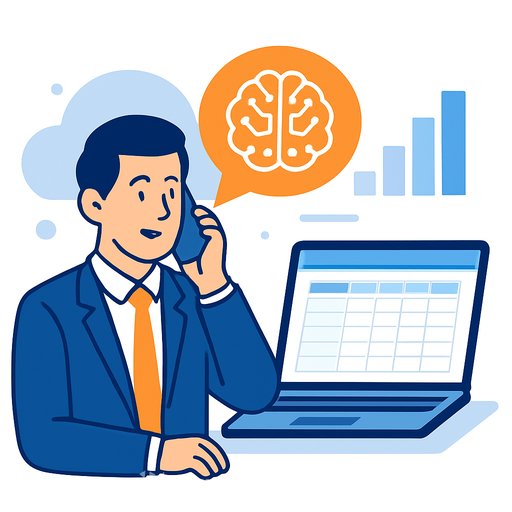Which Marketing Jobs Are Most Affected by AI?
Microsoft analyzed 200,000 workplace conversations involving AI to understand how marketing and sales roles are changing. The data reveals that sales and marketing jobs rank among those most influenced by AI, especially in tasks like writing, research, and communication. Meanwhile, areas requiring creativity, strategic thinking, or face-to-face interaction remain less impacted.
AI’s Role In Marketing & Sales Work
New research from Microsoft studied anonymized data from January to September 2024, focusing on how marketing and sales professionals use generative AI tools like Bing Copilot in their daily work. An “AI applicability score” was developed to measure how often AI assists with or completes tasks, and how well it performs.
Sales representatives topped the list with a score of 0.46, followed by customer service reps (0.44), writers and authors (0.45), and other marketing roles such as:
- Technical Writers (0.38)
- Public Relations Specialists (0.36)
- Advertising Sales Agents (0.36)
- Market Research Analysts (0.35)
Overall, sales-related jobs showed the highest AI impact, with computing and administrative roles following. The study highlights that generative AI currently aligns best with knowledge work and communication-based jobs.
Tasks Where AI Performs Well
AI is most effective at:
- Gathering information
- Writing and editing content
- Communicating information clearly
- Supporting ongoing learning and skill development
Users report high satisfaction when AI helps with these tasks. However, in about 40% of cases, AI completed tasks differently than initially requested — for example, providing explanations of research methods instead of direct data. This suggests AI acts more as an assistant, coach, or advisor, rather than a replacement.
Areas Where Human Strength Excels
Some marketing activities still resist AI influence, including:
- Visual design and creative work
- Strategic data analysis
- Roles requiring in-person interaction, like event marketing or client meetings
These tasks generally scored lower in AI satisfaction and completion rates, indicating the ongoing need for human skills.
Education, Wages & Job Security
The study found little connection between AI impact and wages. A correlation coefficient of 0.07 means AI affects jobs across income levels, not just lower-paying roles. Jobs that require a Bachelor’s degree had a slightly higher AI applicability score (0.27) compared to those needing less education (0.19).
The takeaway? AI is more involved in knowledge work but doesn’t necessarily replace human roles. The researchers warn against assuming AI will cause widespread job loss, since the long-term effects of new technology on the workforce are hard to predict and often surprising.
What You Can Do
AI is here to stay, but it won’t take over every part of marketing. The focus should be on how to get the most out of these tools to improve your work.
Consider these approaches:
- Develop skills in areas where AI falls short — like visual creativity and strategic thinking
- Use AI to boost productivity in content creation and information gathering
- Position yourself as an AI collaborator, not a competitor
For marketing professionals wanting to build AI skills, exploring targeted courses can be a smart move. Resources like Complete AI Training’s marketing-focused courses offer practical ways to stay ahead.
Looking Ahead
AI is changing how marketing work gets done without eliminating roles. Like previous technology shifts, those who adapt and integrate AI into their workflows are likely to be better positioned for the future.
For a detailed breakdown of AI’s impact across U.S. occupations and tasks, Microsoft’s research offers valuable insights to guide your next steps.
Your membership also unlocks:

